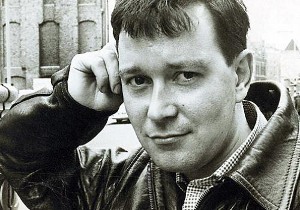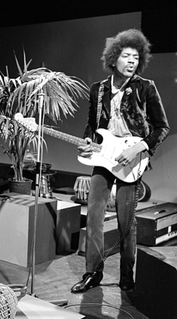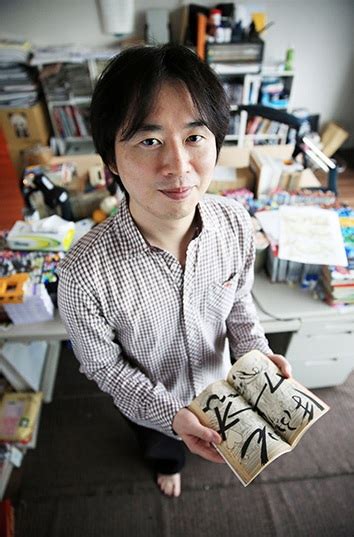A Quote by Joe Orton
People think I write fantasy, but I don't; some things may be exaggerated or distorted in the same way that painters distort and alter things, but they're realistic figures. They're perfectly recognisable.
Related Quotes
Everybody knows how awful the world is and what a terrible situation it is and each person distorts it in a certain way that enables him to get through. Some people distort it with religious things. Some people distort it with sports, with money, with love, with art, and they all have their own nonsense about what makes it meaningful, and all but nothing makes it meaningful. These things definitely serve a certain function, but in the end they all fail to give life meaning and everyone goes to his grave in a meaningless way.
When people say, well, they disapprove, I'd like to know what the specifics are, because sometimes - and the president [Barack Obama] has admitted this - they may not feel like he's really explaining and understanding the emotion behind some of these fears [about Iran]. And that's a perfectly legitimate question for people to ask. But if you look at the results of where we are, I think there are some things I agree with and some things I don't agree with, and I think that's absolutely fair game.
If you are going to write, say, fantasy - stop reading fantasy. You've already read too much. Read other things; read westerns, read history, read anything that seems interesting, because if you only read fantasy and then you start to write fantasy, all you're going to do is recycle the same old stuff and move it around a bit.
I tend to avoid melodrama. I try to create very realistic settings and very realistic experiences and realistic responses to these experiences. Melodrama is the use of really big events that may or may not happen in real life - certainly they do, but they're not events that are common to most people. Most of the things that happen in my novels are things that could happen to people in real life.
There's this belief that some things can be taken seriously in an intellectual way, while some things are only entertainment or only a commodity. Or there's some kind of critical consensus that some things are "good," and some things are garbage, throwaway culture. And I think the difference between them, in a lot of ways, is actually much less than people think. Especially when you get down to how they affect the audience.
My office looks very empty compared with my house. The house is completely crammed full with things that Patrick and I love. It's very eclectic. There are things that have no value but which we like. We have a lot of Belgian painters; we have international painters. We have nice things; we have ugly things. I don't want that things are predictable.
When I first came to New York, I knew some painters older than myself. I was kind of the kid who was allowed to hang out with them. That is more the way people talked in those days, it was perfectly normal to question a work's fundamental premises and its fundamental visual manifestations. It was perfectly okay to say, "Oh, that should have been red" or something like that. In a funny way, the way artists talk about art is to de-privilege it.
It is natural to men to judge of things less known, by some similitude they observe, or think they observe, between them and things more familiar or better known. In many cases, we have no better way of judging. And, where the things compared have really a great similitude in their nature, when there is reason to think that they are subject to the same laws, there may be a considerable degree of probability in conclusions drawn from analogy.
People want the nation to transform in the same way they want their own lives to transform. If you're interested in transforming your life, you can't just transform some things. You can't try to fix some things, but sweep other things under the rug because it's too hard to face them. And the same is true for a nation.






































